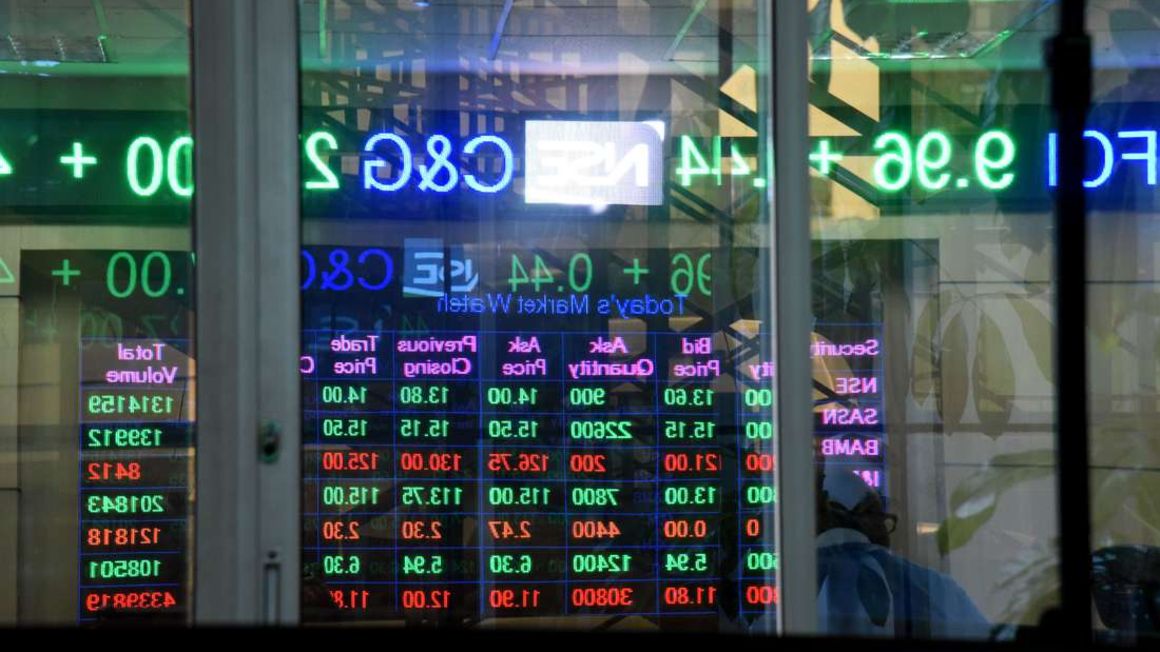Nairobi Securities Exchange trading floor. PHOTO | NMG Foreign investors at the Nairobi Securities Exchange (NSE) slowed down their net outflows in the first half of this year compared to the corresponding period last year, reflecting the improving sentiments around the market as companies continue to recover from the Covid-19 related difficulties of 2020.
Market data shows that net foreign outflows stood at Sh5.03 billion in the six months to June, down fourfold from the net sales of Sh21.4 billion recorded in the six months to June 2020.
Share valuations at the NSE slid when Covid-19 was first reported in Kenya in March last year, with foreign investors fleeing to the safety of developed economy markets.
The bleeding continued for the remainder of the year, with the NSE 20 share index down by 29.6 percent in 2020, while market capitalisation fell by Sh167 billion. This year, higher share prices, especially on the large blue chips that dominate the market have helped fuel a recovery that has seen the NSE 20 share index gain 3.2 percent in the first half.
Foreign investors almost exclusively trade on the large counters of Safaricom , Equity Bank , EABL and KCB , which carry the necessary liquidity to support large trades and are also deemed stable stocks. They also have the advantage of visibility to external investors due to listings on the MSCI indices.
Together they account for 78 percent of the NSE’s total market capitalisation that currently stands at Sh2.716 trillion.
In the first half of the year, all four of these stocks recorded double-digit price gains, led by Equity at 22.4 percent and Safaricom at 21 percent, with EABL and KCB gaining 17.2 percent and 11.9 percent respectively.
Their dominance has, however, led to growing concerns over market concentration, where their share price movement is now largely determining how the market performs making it hard for investors to gauge the overall health of the stock market.
